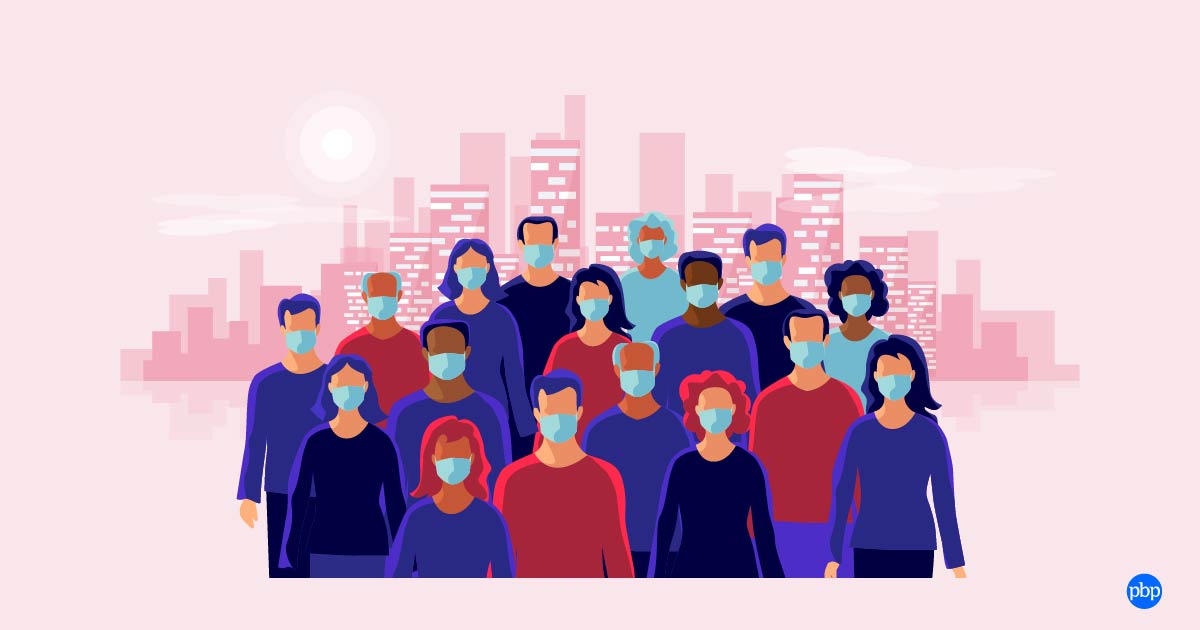Did you know?
India is the third most polluted country in the world, as per the report shared by World Quality Air in 2023. Every winter, air pollution gets worse, leading to school closures, reduced office hours, and efforts taken like artificial rain to fight the toxic smog.
Key Impacts of Air Pollution
The Rising Death Toll
As per the Statista; the average number of deaths caused by air pollution in India was estimated at over two million in 2021. The number of deaths caused by air pollution in India has increased by almost 60 percent since 1990.
Hazardous Air Quality Level
According to Swiss group IQ Air’s live rankings, New Delhi is currently the most polluted city in the world. With air quality at a “hazardous” level of 1,081, the PM2.5 concentration—tiny particles that can enter the lungs and cause serious diseases like lung and heart issues is alarmingly high.
We all know that the government is doing a lot to save us from this problem. However, being responsible citizens, we should all have the right health insurance for ourselves and our families to safeguard our health.
How does health insurance protect against risks related to air pollution?
Health insurance policies in India generally provide coverage for a range of respiratory conditions, including asthma, COPD, and severe illnesses like lung cancer. Typically, this coverage includes:
1. Cashless Treatment
Imagine a scenario where a patient with asthma has a sudden, severe attack. Having health insurance, one can get cashless treatment at network hospitals without worrying about immediate payments. The insurer directly settles the bills, allowing the patient to focus on recovery.
2. Long-Term Medical Needs
Air pollution-related illnesses often require ongoing treatment. For instance, someone diagnosed with COPD may need regular check-ups, oxygen therapy, and medications. Health insurance reduces the financial strain of these long-term treatments, offering peace of mind.
3. Costly Treatments
Some air pollution-related illnesses demand expensive treatments, including doctor consultations, hospital stays, diagnostic tests, screenings for lung cancer or other respiratory diseases, and medications. A comprehensive health insurance plan covers all these costs, saving you from a financial burden.
4. Daycare Treatments
Nebulization is frequently necessary to treat respiratory disorders, and most health insurance plans cover treatment.
5. Home Treatment
With rising air pollution, many people felt in need of oxygen therapies or other treatments at home. Some health insurance plans include coverage for home care.
Also Read: Rising Air Pollution in Delhi NCR : Does your Health Insurance Cover this?
Best Health Insurance Plans for Air Pollution
Health insurance doesn’t have any one-size-fits-all solution. Concerns and diseases related to air pollution are growing rapidly. Insurance companies are bringing up more customized policies focused on pollution-related health risks to address this. Some of them are:
- Individual Health Insurance Plan
- Critical Insurance Plan
- Family Floater Insurance Plan
- Comprehensive Health Insurance Plan
To sum up…
Protecting your health comes first until cleaner air becomes a reality, which we all wish for. Investing in a good health insurance policy can give you peace of mind. It guarantees that you have enough money to cover both short-term and long-term health issues brought on by pollution. You can shield yourself and your loved ones from the combined burden of illness and financial strain by combining preventative health care with the appropriate insurance.
Keep yourself safe and prepared. Your greatest asset is your health, which health insurance helps you maintain.
FAQs
Why is health insurance important for air pollution-related diseases?
Air pollution is causing serious health concerns resulting in expensive treatments. Having health insurance is a must to cover these costs and protect your finances.
Does health insurance cover respiratory illnesses also?
Yes, comprehensive health insurance plans cover treatments for respiratory conditions like asthma, bronchitis, and COPD. But before buying any insurance plan carefully read the terms and conditions.
What is cashless treatment, and how does it help during medical emergencies?
Cashless treatment allows you to receive medical care without paying upfront. The insurance company directly settles the bill with the hospital. This is especially helpful during emergencies.
Are routine examinations for illnesses linked to air pollution covered?
Preventive healthcare, such as free examinations and screenings, is provided by many health insurance plans to identify pollution-related disorders early.
Can I purchase health insurance to shield my family from the dangers of air pollution?
Yes, you can buy a family floater plan that covers all family members under one policy. It provides comprehensive protection during medical emergencies.









